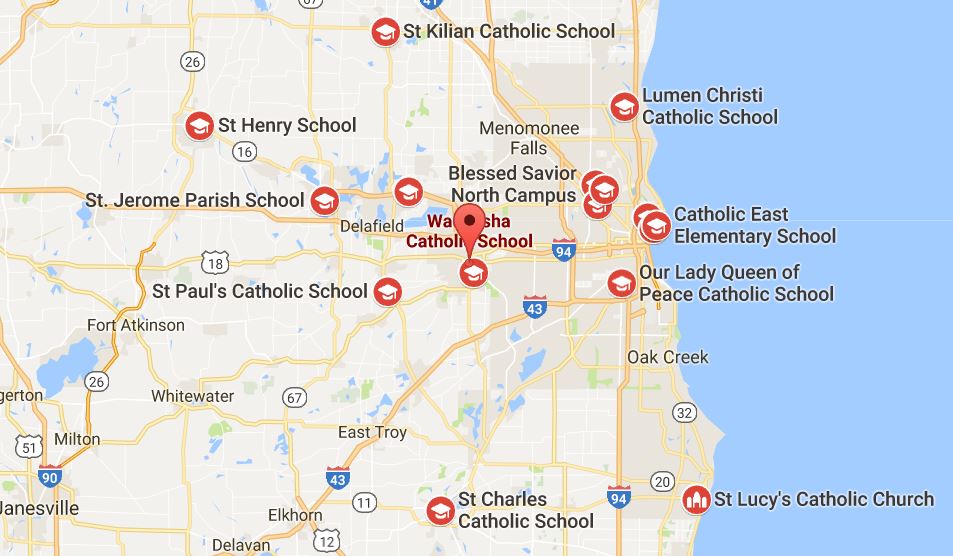Findings from the National Bureau of Economic Research:
February 2017
Governments have used vouchers to spend billions of dollars on private education; much of this spending has gone to religiously-affiliated schools. We explore the possibility that vouchers could create a financial windfall for religious organizations operating private schools and in doing so impact the spiritual, moral, and social fabric of communities. We use a dataset of Catholic-parish finances from Milwaukee that includes information on both Catholic schools and the parishes that run them. We show that vouchers are now a dominant source of funding for many churches; parishes in our sample running voucher-accepting schools get more revenue from vouchers than from worshipers. We also find that voucher expansion prevents church closures and mergers. Despite these results, we fail to find evidence that vouchers promote religious behavior: voucher expansion causes significant declines in church donations and church spending on non-educational religious purposes. The meteoric growth of vouchers appears to offer financial stability for congregations while at the same time diminishing their religious activities.
The Milwaukee Journal Sentinel:
The study concludes that vouchers are the dominant source of funding for many parishes and greatly reduced the likelihood of them closing or merging. But the Milwaukee Archdiocese, which allowed the researchers to access parish finances for the study, questioned that finding.
“I’m not sure the cause and effect is this clear,” said Jerry Topczewski, chief of staff for Milwaukee Archbishop Jerome Listecki.
About 6,500 Catholic elementary and secondary schools educate about 40% of all private-school students in the country, according to the study. The difference in Milwaukee is that a great share of Catholic schools accept vouchers or taxpayer-funded tuition subsidies that help qualifying students attend private schools. A greater number of Catholic schools statewide are starting to do so as well, thanks to recent GOP-led legislation that expanded the voucher program outside of Milwaukee.
From the working paper (gated):
Our results suggest that if voucher eligibility in a parish’s community increased from no eligibility to the level of eligibility in the average program, noneducational religious expenditures (that is, expenditures on activities other than running a school) would decline by about $175,000 and non-educational revenue would decrease by even more, about $300,000.
And, concerning correlation versus causality:
Comparisons of parishes with voucher-accepting schools to other parishes could confound the effects of vouchers with these other attributes. To address this fact, we exploit several changes in school choice policies during the period of our sample. These policies altered the maximum voucher payment, expanded voucher eligibility to new communities, and changed the income-eligibility thresholds for some students in some years. We combine this information with detailed address information on each parish to construct a measure of how generous voucher policy is in a given year for a given parish in a given neighborhood. We then exploit the panel nature of our data to follow parishes over time, comparing financial outcomes for parishes seeing significant changes in voucher policy relative to other parishes. Further, we can make this comparison among parishes with schools as well as among those without.

